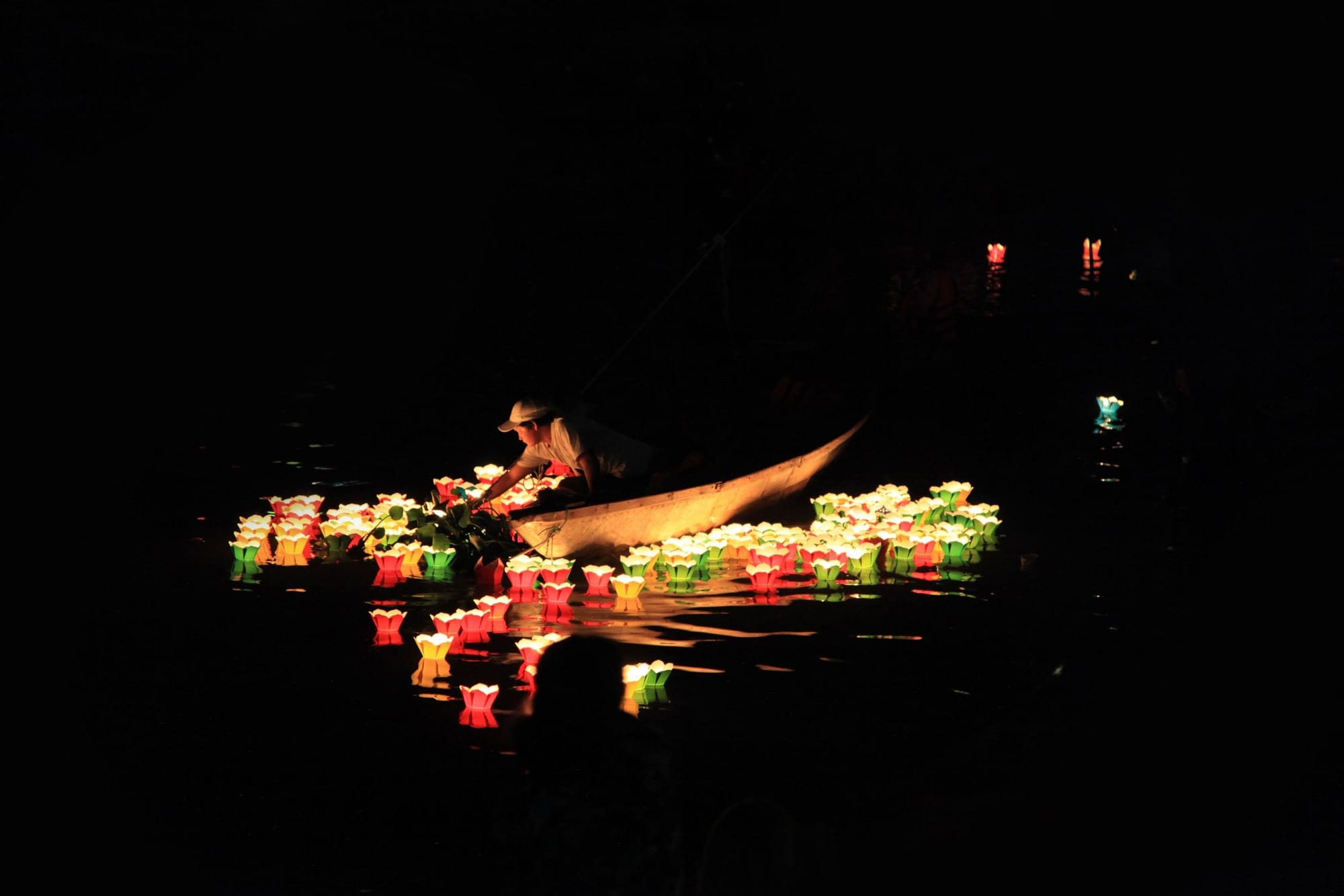Celebrating Diwali: The Festival of Lights

The main celebration for Diwali falls on Sunday, November 12. So that's today...people often talk about it but here's a quick run-down of what it is all about and why you should celebrate.
Diwali, also known as Deepavali, is one of the most vibrant and widely celebrated festivals in India and among the Indian diaspora around the world. This festival, often referred to as the "Festival of Lights," holds profound cultural and spiritual significance for millions of people.
Diwali is a time for joy, togetherness, and the triumph of light over darkness.
It is rooted in various mythologies and traditions, with its significance varying across different regions of India. One of the most popular stories associated with Diwali is the return of Lord Rama to Ayodhya after defeating the demon king Ravana. The people of Ayodhya illuminated the city with earthen lamps, or diyas, to welcome Lord Rama and celebrate the victory of good over evil.
The lighting of lamps is a central theme during Diwali, symbolizing the victory of light over darkness and the dispelling of ignorance. Homes are adorned with rows of diyas, candles, and colorful lanterns, creating a mesmerizing display of lights. The ambiance is further enhanced by the use of decorative lights, fireworks, and rangoli, which are intricate and colourful patterns made on the ground using coloured powders, flower petals, or rice.
Diwali is a time when families come together to celebrate and share the joy of the festival. People clean and decorate their homes, prepare delicious sweets and snacks, and exchange gifts with loved ones. It's a time to strengthen bonds, mend relationships, and express gratitude for the positive aspects of life.
The religious aspect of Diwali is marked by prayers and rituals dedicated to different deities. Many worship the goddess Lakshmi, the symbol of wealth and prosperity, by performing elaborate rituals and pujas. Temples are adorned with lights, and people seek the blessings of the deities for a prosperous and harmonious life.
No Indian festival is complete without a variety of delicious food, and Diwali is no exception. Families prepare a range of traditional sweets and savory snacks, such as ladoos, jalebis, and samosas. Exchanging these delectable treats with friends and neighbors is a customary part of the celebration.
Social Impact and Philanthropy: Diwali also serves as a reminder of the importance of giving back to the community. Many people engage in philanthropic activities, such as donating to charities, feeding the less fortunate, and participating in community service. The festival encourages a sense of social responsibility and compassion towards those in need.
Diwali is a festival that encapsulates the spirit of joy, unity, and the triumph of good over evil. It is a time to celebrate with family and friends, reflect on the positive aspects of life, and embrace the light that dispels darkness. As the diyas flicker and the fireworks illuminate the night sky, Diwali becomes a magical celebration that transcends cultural boundaries and spreads the message of hope and happiness.